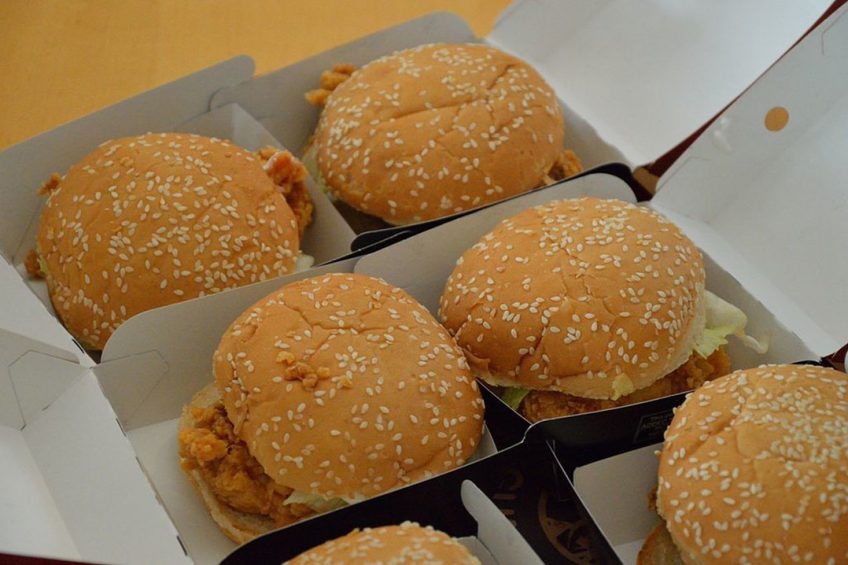Investors pile pressure on fast food’s sustainability

Investors with combined assets of more than $6.5 trillion are calling on fast food businesses to set ambitious targets to reduce the environmental impact of their meat and dairy supply chains.
Letters signed by more than 80 investors have been sent to businesses that manage a combined 120,000 restaurants asking for them to explain by March how they plan to improve their sustainability credentials.
Ceres, a non-profit focused on corporate governance, and FAIRR (Farm Animal Investment Risk & Return) have coordinated the campaign.
They say in the document that across greenhouse gas emissions, water and land use, animal proteins have a significant environmental footprint and present “material reputational, operational and market risks for companies buying and selling animal protein-based products”.
And 2 major producers of poultry are highlighted as not managing these risks; Pilgrim’s Pride and Tyson Foods. The letter says both have failed to outline credible policies surrounding deforestation in relation to use of animal feed, in particular soya.
The investors are calling on the businesses, which include Domino’s Pizza, McDonald’s and Yum! Brands (owners of KFC and Pizza Hut) to adopt measures to:
- Develop policies for suppliers that have “requirements for direct and indirect suppliers to measure, report and reduce GHG emissions and freshwater impacts from the company’s agricultural supply chains”.
- Publish quantitative, time-bound targets and associated metrics to reduce the impacts of animal protein supply chains, with a specific focus on freshwater impacts and greenhouse gas emissions.
- Commit to publicly disclosing on progress towards these targets on an annual basis, in company reports and through the CDP reporting framework on water and climate emissions.
Jeremy Coller, founder of FAIRR and chief investment officer of Coller Capital said:
“Every day around 84 million adults consume fast food in the US alone, but the inconvenient truth of convenience food is that the environmental impacts of the sector’s meat and dairy products have hit unsustainable levels.
To put this in perspective, if cows were a country, it would be the world’s third largest emitter of greenhouse gases.
“Other high-emitting industries, such as cars or oil and gas, are beginning to set clear yet ambitious climate targets, making animal agriculture one of the world’s highest-emitting sectors without a low-carbon plan.”
Join 31,000+ subscribers
Subscribe to our newsletter to stay updated about all the need-to-know content in the poultry sector, three times a week. Beheer
Beheer











 WP Admin
WP Admin  Bewerk bericht
Bewerk bericht